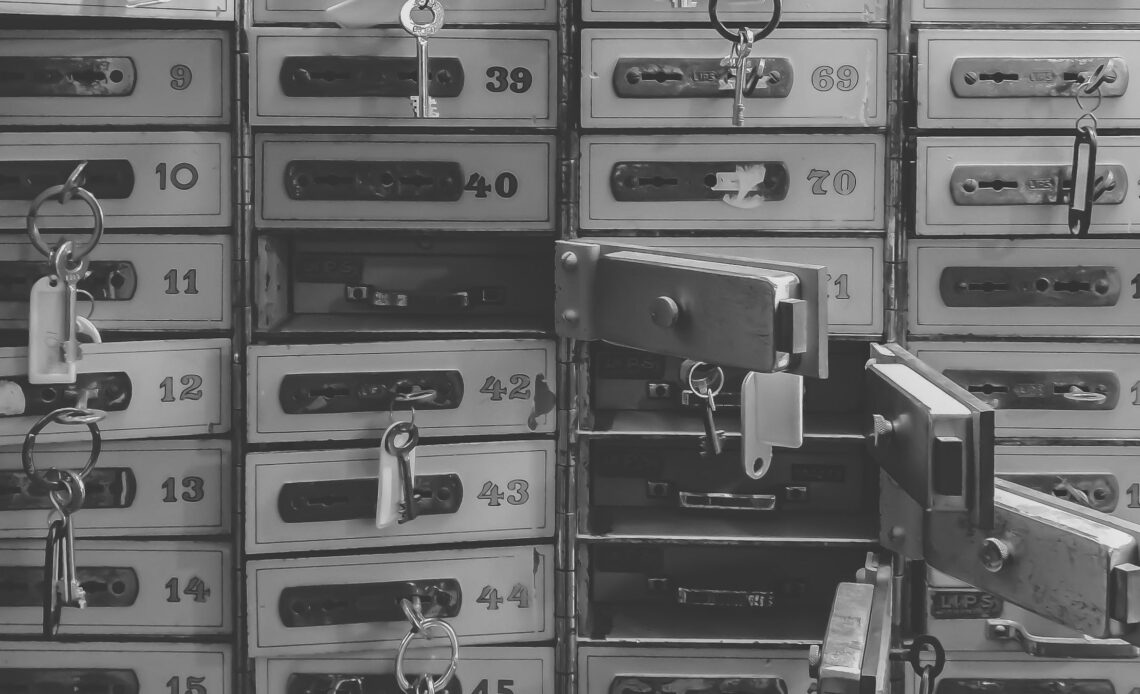In the last year, the failures of crypto companies like FTX, Celsius and BlockFi, as well as recent bank collapses, eroded belief in financial systems. A flight to safety has begun as investors of all sizes worldwide seek reliable and secure crypto storage. When investors approach custodians, their primary concerns are the safety of their funds and the ability to access them.
Regulated custodians play a vital role in ensuring the security of assets. They offer services such as segregated accounts, protection from financial instability, cold storage of keys, advanced security technology and insurance against theft, loss or misuse.
You’re reading Crypto Long & Short, our weekly newsletter featuring insights, news and analysis for the professional investor. Sign up here to get it in your inbox every Wednesday.
Recently several institutions unveiled their plans for crypto, bringing new interest, capital and participants. Notably, we saw BlackRock file for permission to create a bitcoin ETF, which fired a bright signal flare to the rest of the financial world. As one of the world’s largest financial entities, dipping their toe into the waters of bitcoin is no small matter. It is a symbolic move that tells the rest of the market, “Bitcoin is here to stay.” Institutions such as this will ultimately have a need for regulated custody to secure the assets for these new market instruments. However, it is not easy to gloss over what has happened in the past 18 months.
What have crypto failures taught us?
- Not all custody is the same: Just because someone is holding your assets doesn’t mean they are a regulated custodian. In traditional finance, custodians must meet specific regulatory standards to protect client assets. In the crypto space, custodial services range from software solutions to fully licensed and regulated cold-storage solutions. The same controls that exist in other financial institutions are not yet global standards in crypto.
- Investors need the underlying systems to work together to protect their assets from misuse, theft or fraud: Trading and custody should be done by separate entities. Traditional finance market infrastructure involves a carefully organized network of exchanges, broker-dealers, clearinghouses, transfer agents, banks and custodians. Each…
Click Here to Read the Full Original Article at Cryptocurrencies Feed…
























